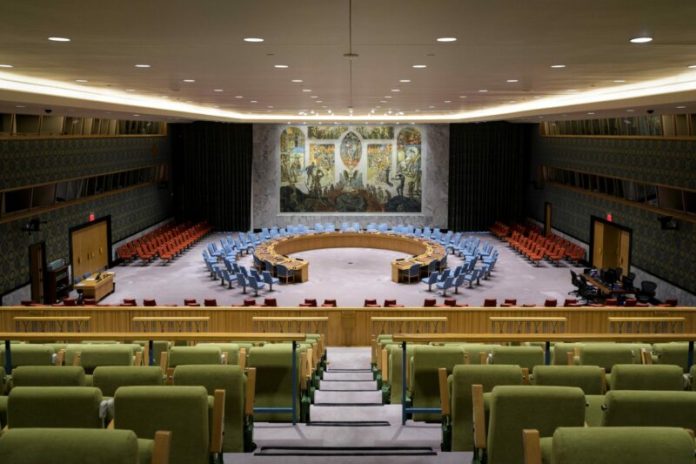Afghanistan quake: Aid teams scramble to reach most remote survivors
In remote eastern Afghanistan, aid workers are racing to assist survivors of Sunday’s devastating earthquake as the death toll continues to climb, UN humanitarians said on Tuesday.
The magnitude six quake has already left more than 800 dead and at least 2,000 injured, according to the UN’s top aid official in the country, Indrika Ratwatte:
“These are mud and wooden roof structures. So, when the walls collapse, the roof is what basically falls on individuals, kills them or suffocates them…This is extremely mountainous and due to the earthquake, there’s been lots of landslides, rockfalls, etcetera, and access has been very limited to everybody in the first 24 hours. So this has posed a huge challenge to us as we deploy.”
Priorities for the UN and partners include getting medical treatment for the injured and repairing damaged mobile phone networks, as some affected communities have zero connectivity.
For Myanmar’s Rohingya, the situation is only worsening: OHCHR
An alert now for Myanmar’s Rohingya and others native to Rakhine state, who continue to face killings, torture and mass displacement, as their villages are razed to the ground, the UN human rights office, OHCHR, said on Tuesday.
Latest information indicates that around 150,000 Rohingya have fled to Bangladesh since November 2023, joining the nearly one million others already there who took part in a mass exodus in 2017, after persecution by Myanmar’s military, the Tatmadaw.
According to a new report from the UN human rights office, the Tatmadaw launched an airstrike on a school on 12 May. The attack killed 24 civilians, including 16 girls, six boys and two teachers.
With more, here’s James Rodehaver, head of the UN’s human rights office there:
“The situation has continued to worsen. It’s not just a question of airstrikes and the continuing use of heavier and heavier munitions in the conduct of airstrikes, but it’s also now the growth of ground operations throughout the country by the military, designed specifically to consolidate its control or to expand its control in strategic areas prior to elections that were announced to start in late December this year.”
The UN rights office highlights multiple reports that the Myanmar military have used chemicals, including fertilizers, attached to explosive devices, in six states and regions.
The Tatmadaw is also accused of using low-flying tactical aircraft to drop munitions almost entirely on civilian locations.
Cooling La Niña could be back, but global temperatures set to rise: WMO
The cooling climate phenomenon, La Niña, could already be back with us, UN weather experts said on Tuesday, but they warn it won’t stop the trend for warmer global temperatures caused by human activity.
Latest data crunched by the World Meteorological Organization (WMO) indicates a 55 per cent likelihood that sea temperatures in the equatorial Pacific will cool as of this month.
There is also “little chance” of La Niña’s opposite number, El Niño, developing now, WMO said in an update.
The forecast is an important climate intelligence tool for governments and people everywhere – it could “save thousands of lives” when it is used to protect and respond to changing weather patterns, said WMO Secretary-General, Celeste Saulo.
The information could also translate into millions of dollars of savings in agriculture, energy, health and transport, Ms. Saulo added.
Daniel Johnson, UN News.
Source of original article: United Nations (news.un.org). Photo credit: UN. The content of this article does not necessarily reflect the views or opinion of Global Diaspora News (www.globaldiasporanews.com).
To submit your press release: (https://www.globaldiasporanews.com/pr).
To advertise on Global Diaspora News: (www.globaldiasporanews.com/ads).
Sign up to Global Diaspora News newsletter (https://www.globaldiasporanews.com/newsletter/) to start receiving updates and opportunities directly in your email inbox for free.




























